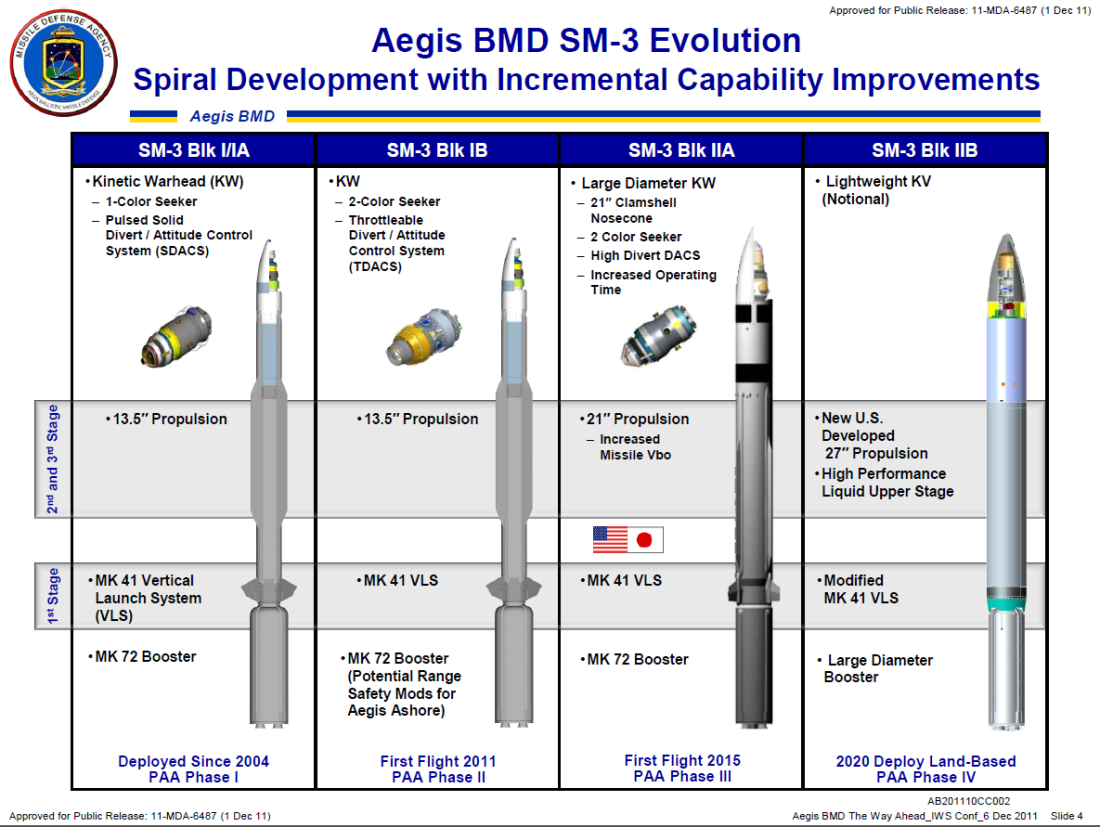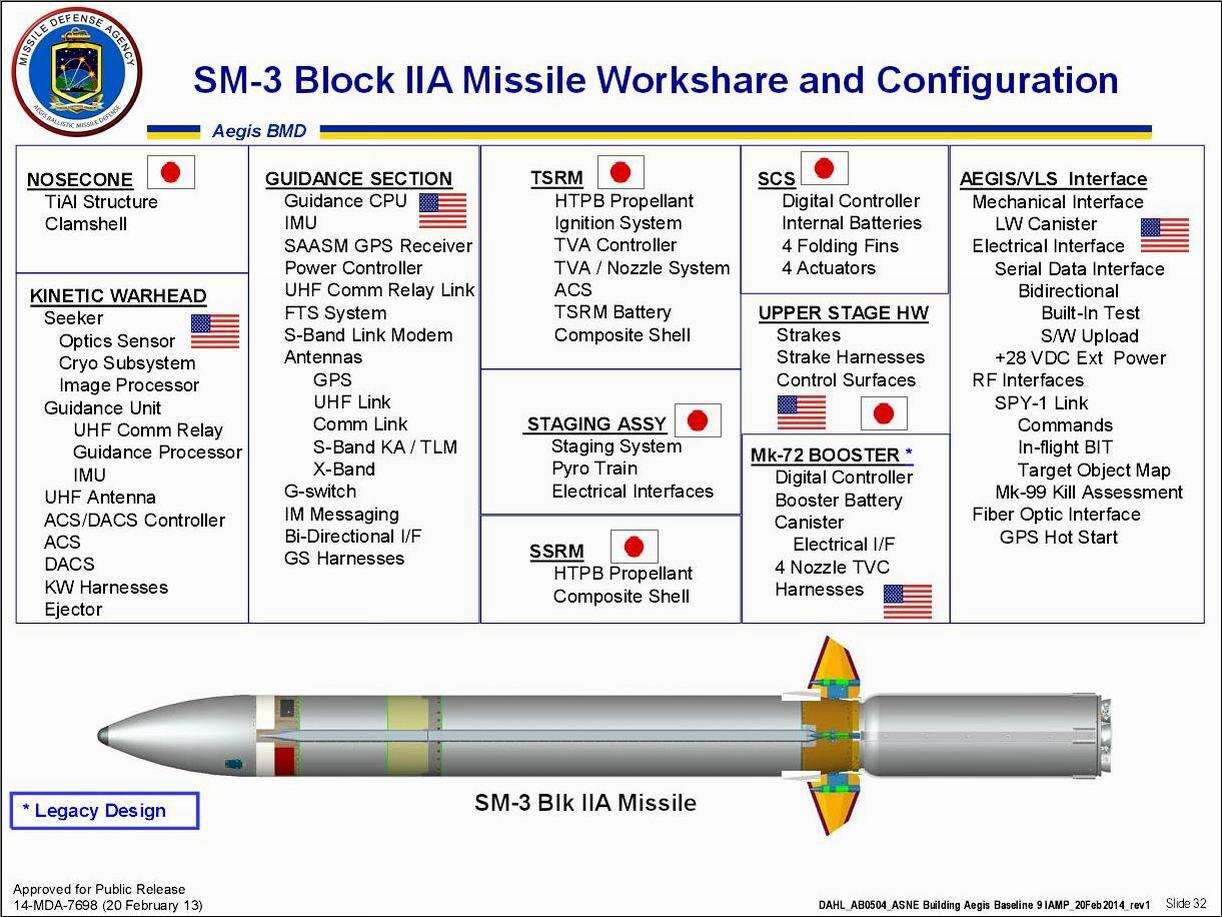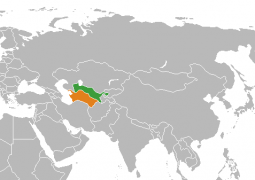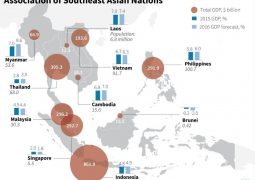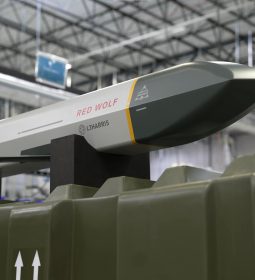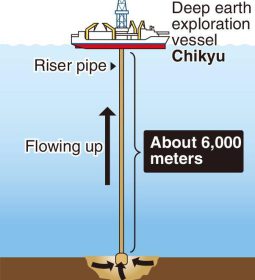US clears Japan for $1.2B missile package to defend against ballistic threats
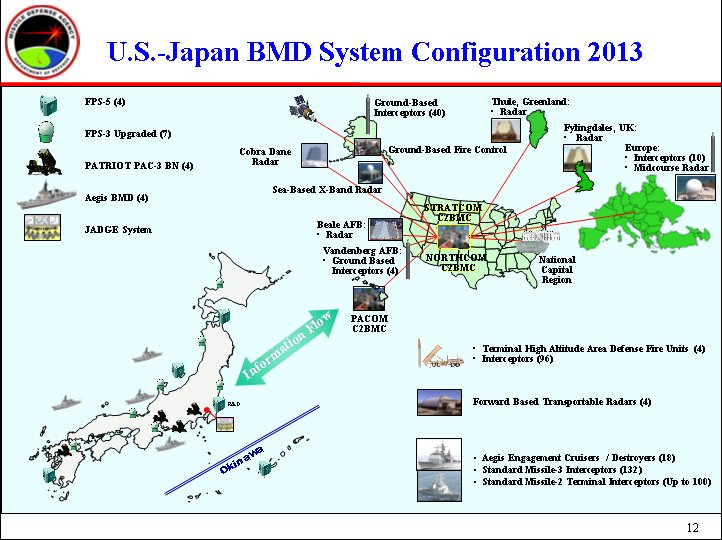
By Mike Yeo
MELBOURNE, Australia — The U.S. State Department has cleared a further sale of missiles used for ballistic missile defense to Japan, marking the third and largest batch of such missiles to the U.S. ally.
The approval for the potential sale in response to a request by Japan, announced by the Defense Security Cooperation Agency, includes a package of 56 SM-3 Block IB missiles for an estimated cost of $1.15 billion.
The request will now move to Congress, where members of the Senate have 30 days to raise concerns about the potential sale, although it is unlikely to meet any objections. Total quantities and dollar totals can change during the congressional approval process.
Japan’s request also includes the sale of missile canisters, U.S. government and contractor representatives’ technical assistance, engineering and logistical support services, and other related elements of logistics and program support. The prime contractor for the missiles and canisters will be Raytheon and BAE Systems respectively.
The SM-3 is a ship-based missile system used to intercept short- and intermediate-range ballistic missiles as a part of the Aegis ballistic missile defense system. The SM-3 Block IB features a two-color infrared seeker, and a 10-thruster solid throttling divert and attitude control system on the kill vehicle to give it improved capability against maneuvering ballistic missiles or warheads compared to earlier versions of the missile.
Japan has six Aegis destroyers in service capable of defending against ballistic missiles, and the country is building two more. In September 2018, one of these ships, the JS Atago, successfully shot down a ballistic missile target with an SM-3 Block IB during a test off Hawaii.
Japan is also acquiring the land-based Aegis Ashore system to improve the country’s ability to defend against ballistic missiles.
Raytheon is also developing the improved SM-3 Block IIA with Japan’s Mitsubishi Heavy Industries. The Block IIA will add a larger diameter kill vehicle that is more maneuverable, and it will come with another sensor/discrimination upgrade, which will enable it to better defend against intermediate-range ballistic missiles.
- Previous China-Thailand-Malaysia Railroad to be build: It will allow to by by-pass Melaka straight
- Next Putin vows to pump more cash into Russian space industries


